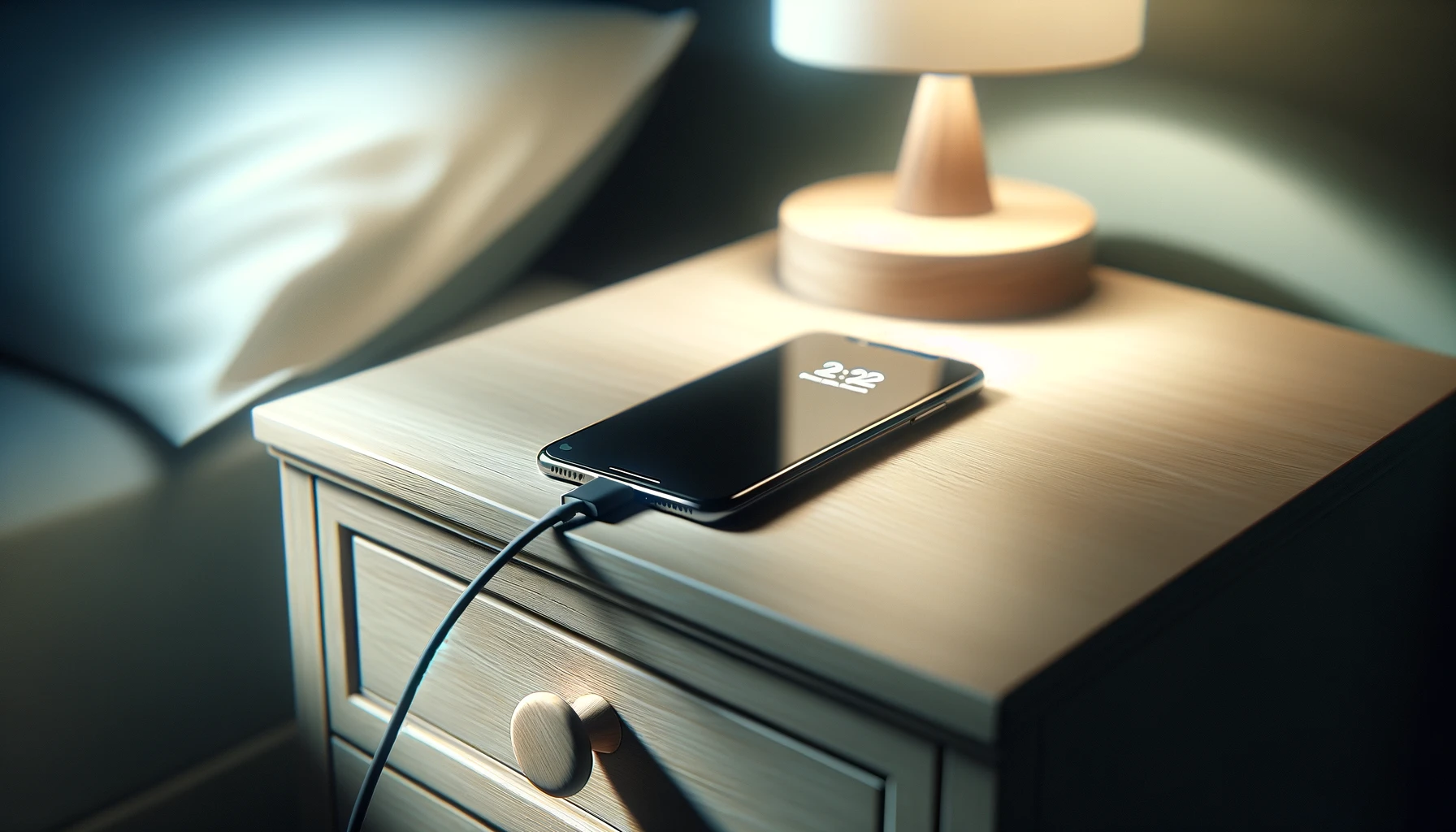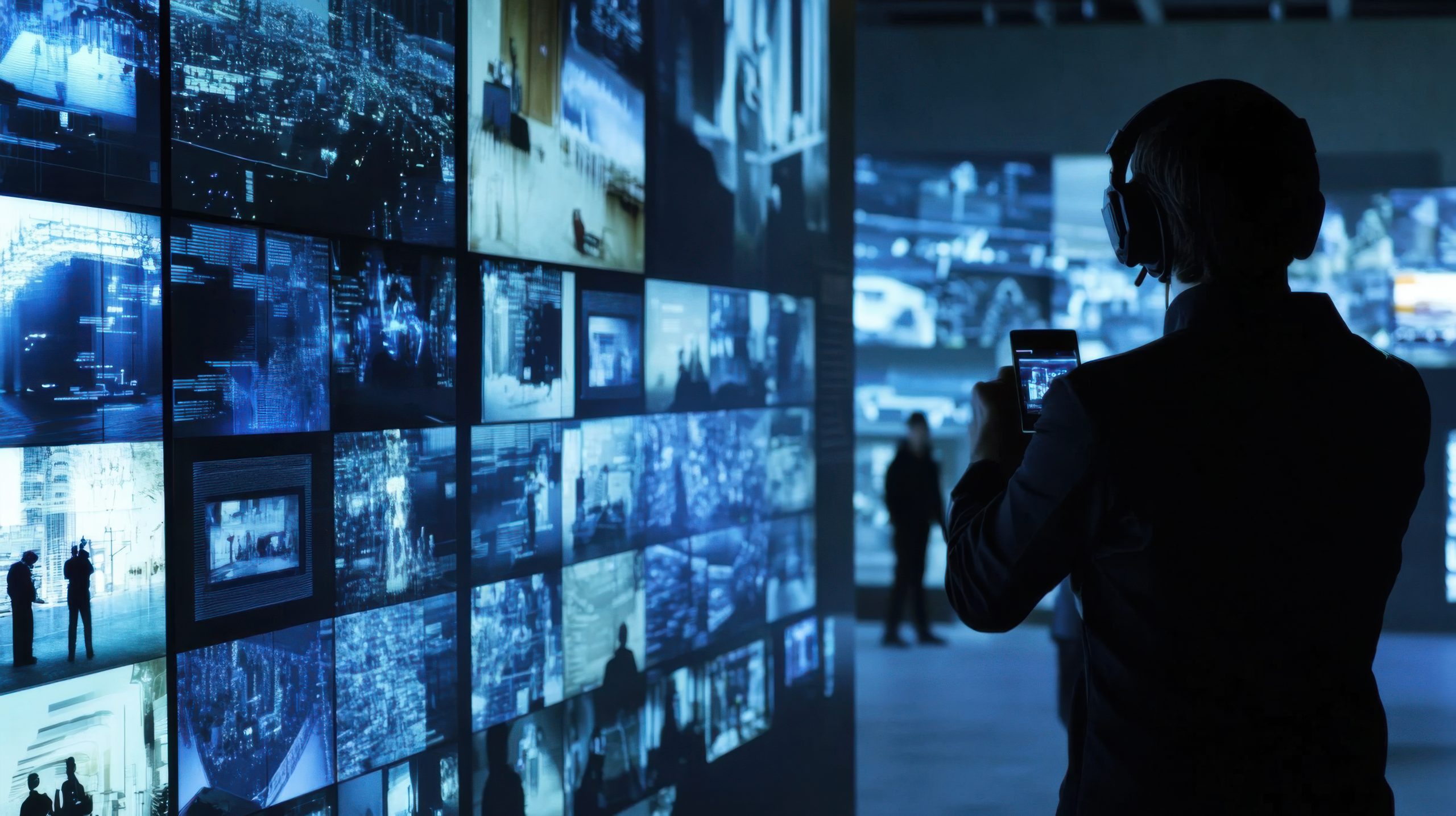Smartphones have become essential tools in our daily routines, prompting users to question the best practices for charging, including the common query: Should I charge my phone overnight? While the allure of waking up to a fully charged device is strong, there are growing concerns about the possible risks to battery health and safety this habit might entail. In exploring whether overnight charging is advisable, this article will provide insights from various experts, delve into scientific studies, and present real-world cases to weigh the advantages against the potential drawbacks.
The Science Behind Smartphone Batteries
Lithium-ion batteries power the vast majority of today’s smartphones. These batteries are preferred for their high energy density and longevity but come with their own set of precautions. Understanding the basics of how these batteries operate is crucial to assessing the impact of overnight charging.
- Lithium-ion batteries have a finite number of charge cycles.
- Overcharging can lead to heat buildup, potentially harming battery life.
- Modern smartphones have built-in mechanisms to prevent overcharging.
Should I Charge My Phone Overnight?
Pros of Overnight Charging
Charging your phone overnight has undeniable advantages, mainly revolving around convenience and ensuring a fully charged device for the start of the day.
- Convenience: The ease of not having to worry about your phone’s battery life during the day.
- Built-in Protection: Most recent smartphones are equipped with technology that prevents overcharging, reducing the risk of damage.
- Optimized Battery Features: Features like Apple’s Optimized Battery Charging aim to extend battery lifespan by controlling the charging process based on your usage patterns.
Cons of Overnight Charging
Despite the convenience, there are several reasons to be cautious about leaving your smartphone plugged in overnight.
- Potential Overheating: Even with protections in place, continuous charging can cause phones to become warm, potentially degrading battery health over time.
- Energy Waste: Keeping your charger plugged in all night can lead to unnecessary energy consumption, albeit minimal.
- Wear and Tear: Constant charging may eventually wear down your battery’s capacity faster than if you charged it only when needed.
Real-World Examples and Expert Opinions
Many technology experts and battery manufacturers have weighed in on the debate. For instance, Apple suggests utilizing the Optimized Battery Charging feature to reduce wear on the battery. Similarly, Samsung offers a range of battery care practices, including avoiding exposure to high temperatures and recommending against leaving your phone charging overnight on a regular basis.
A study by Battery University found that lithium-ion batteries last longest when charged between 20% and 80%. Constantly charging the battery to 100% and leaving it plugged in can reduce its overall lifespan also when trickle charging.
Best Practices for Charging Your Smartphone
To maximize your smartphone’s battery health while accommodating your lifestyle, consider the following tips:
- Avoid letting your battery drain completely before recharging.
- Try to keep your battery between 20% and 80% for optimal health.
- Remove your phone’s case while charging to reduce heat buildup.
- Utilize battery optimization features available on your device.
- Charge your phone periodically throughout the day instead of overnight when possible.
More about that can be found here: How to Charge Your Phone Battery the Right Way
Conclusion
While charging your phone overnight is unlikely to cause significant harm due to modern smartphones’ advanced battery management systems, it’s not the most beneficial practice for long-term battery health. Balancing convenience with the recommended charging practices can help extend your battery’s lifespan. By understanding the science behind lithium-ion batteries and adhering to suggested guidelines, you can ensure that your device remains powered up without unnecessarily hastening the decline of its battery’s performance over time.
In summary, the choice to charge your phone overnight should be informed by a combination of personal convenience, the specific features and protections offered by your smartphone, and a commitment to adopting charging habits that promote battery longevity. By doing so, you ensure that your device serves you well, day and night, without compromising its future usability.
Should I Charge My Phone Overnight? – Better not, but it’s not a big deal.





Leave a Reply